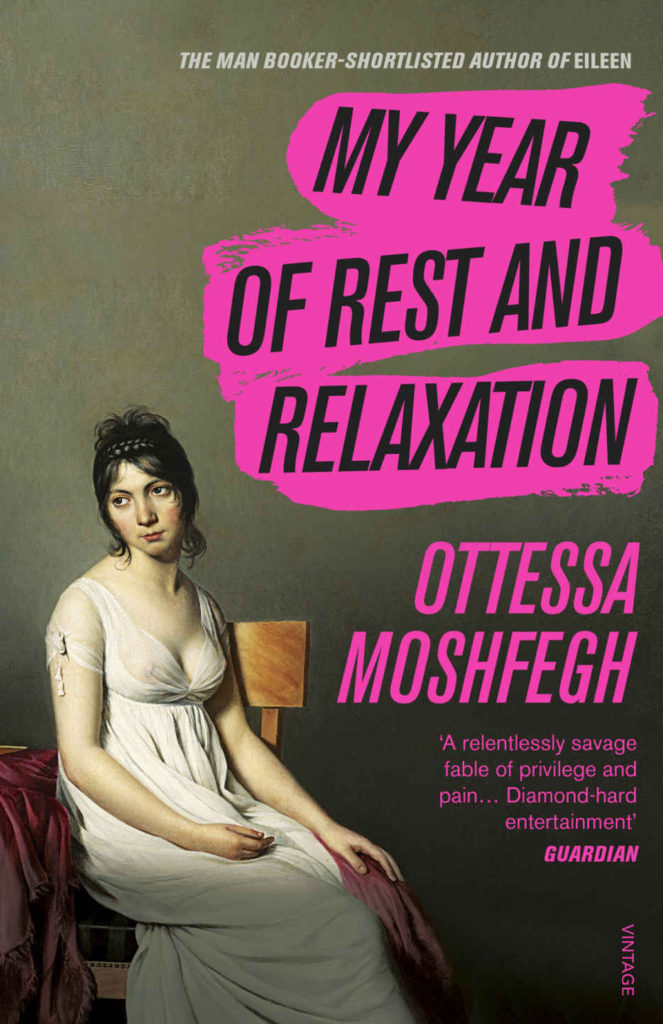 A grimy New York book is always a winner, and here Moshfegh takes the lethargy and defeatism of twentieth century East Coast living and rolls it up into her protagonist, a nameless, monied female narrator on the cusp of George W’s America, who decides that she needs to sleep the days away instead of engaging with any sort of life at all, for at least a year. In the style of those Eliots and Brontes and Austens where all the women do is loaf in living rooms fainting about with sewing waiting for men to come and buy them up, so our narrator flops in a modern-day fug, lifeless and without ambition.
A grimy New York book is always a winner, and here Moshfegh takes the lethargy and defeatism of twentieth century East Coast living and rolls it up into her protagonist, a nameless, monied female narrator on the cusp of George W’s America, who decides that she needs to sleep the days away instead of engaging with any sort of life at all, for at least a year. In the style of those Eliots and Brontes and Austens where all the women do is loaf in living rooms fainting about with sewing waiting for men to come and buy them up, so our narrator flops in a modern-day fug, lifeless and without ambition.
Using a dodgy shrink with smelly cats to write prescriptions for side effects to her prescriptions, she gradually rabbit-holes into the sort of heavy drugs that feature sleepy eye and skull and crossbones symbols. That, and her fascination with Whoopi Goldberg movies and the coffee from the store down the block is as much life as she can manage for now. But then she starts living while asleep, finding Chinese takeouts and popsicles and clothes she’s acquired while comatose, phonecalls and internet forums avidly build as she makes avatars and monikers online, and sends complete strangers booty call photos of her body. And then there’s Trevor, the errant boyfriend who treats her like crap, who works in the WTC. Don’t forget, it’s the year 2000. Uh oh. What’s coming?
Although the words dash along, Moshfegh has maybe queered her own pitch by writing a book about boredom and repetition. Because she has to therefore write in boring and repetitive cycles for most of the first half of the book. She has used very tapered language, stripped back to bones in places, as is the fashion in literature at the time of writing, but this has then been sullied with the use of adverbials in places that are both superfluous and jaunty, and don’t seem to fit with the character’s intense malaise. Would she really describe scenes around her? Not sure. However, the juxtaposition of our narrator’s beauty and poise as the tall, beauteous blonde creature who can be the glampot at the desk in the gallery who can walk about in a pair of pyjamas and get away with it is a clever stroke. Why would this rather rich and gorgeous woman with a great apartment in the best part of New York be in such a state of depression? This is questioned regularly by her best friend Reva, long-suffering, loyal, and in her friend’s opinion, not quite as beautiful or rich, but still with some of the same modern girl problems of crippling shoes and eating disorders.
It’s a comment on the ridiculous and medieval health system in the US for sure, her juggling of insurance claims for medication she doesn’t need and prescription refills taken without question by a lackadaisical branch of Rite Aid rather than at another more conscientious store. It’s sardonic, funny, and sharp, and maybe one of the most enduring themes of the story.
There’s something (and maybe this is inescapable when writing a female-led NYC book of any kind) of Sylvia Plath here again, as there was in the brilliant Eileen. Is this book as successful? It is and it isn’t. The concept is certainly there. Certainly there are sentences and scenes to love, and interactions with others that are much needed in such a book to bring the story to life, but maybe there’s just too much inside her head at points because she is too lonely by default, and a few more of these scenes in the now might have enabled the reader to cheer for her a little harder when the bitter, dark, and yet redemptive end comes. However, the story is certainly a cautionary tale to grab life with two hands, and for that, Moshfegh remains a masterful storyteller.
Available At

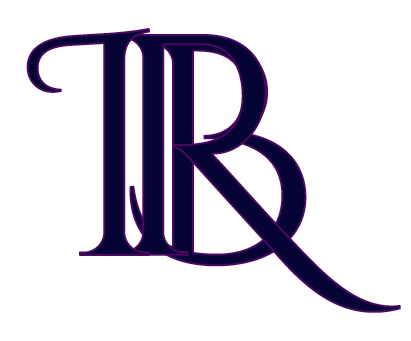
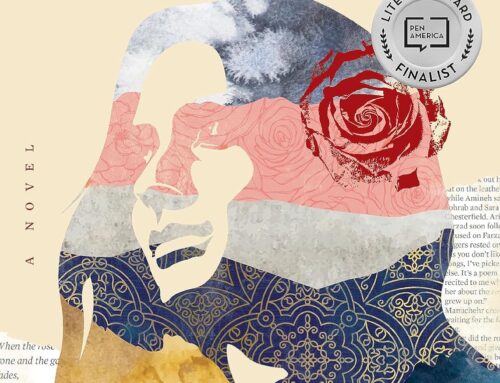
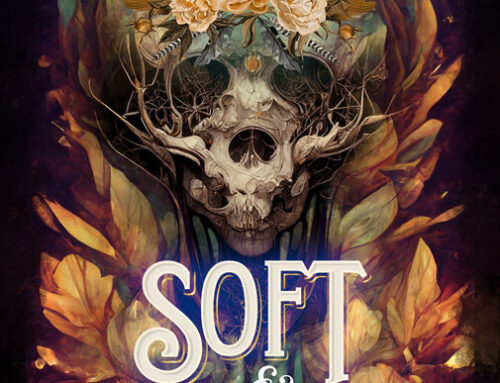
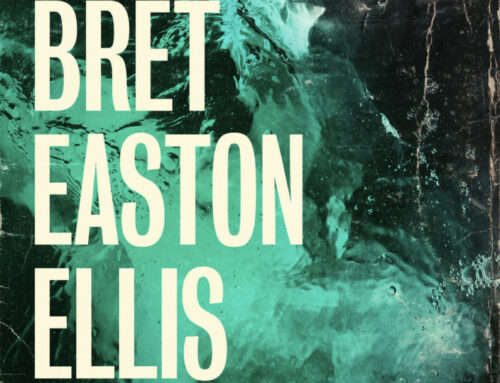
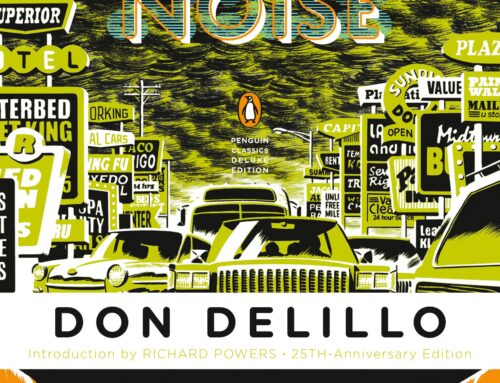
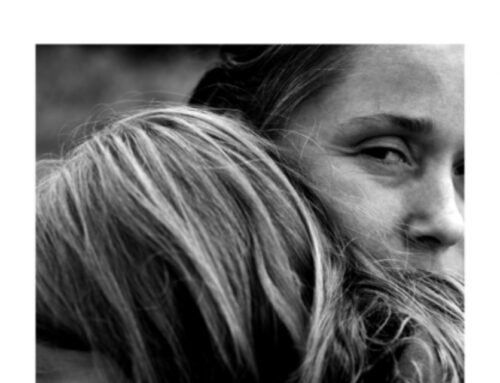
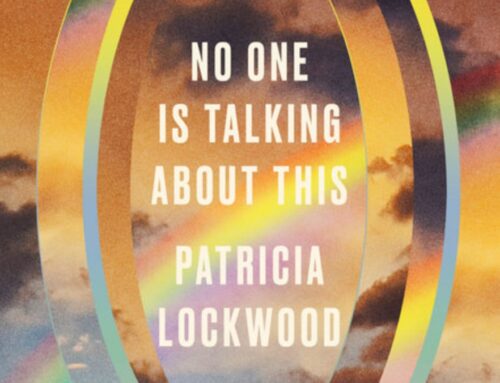
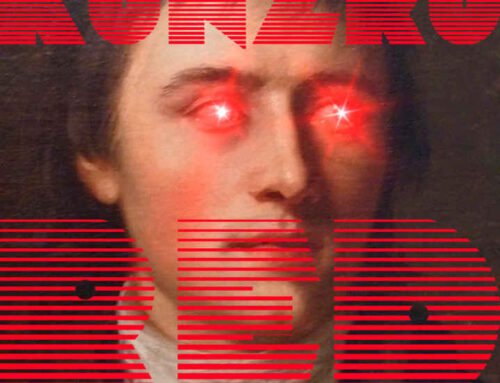
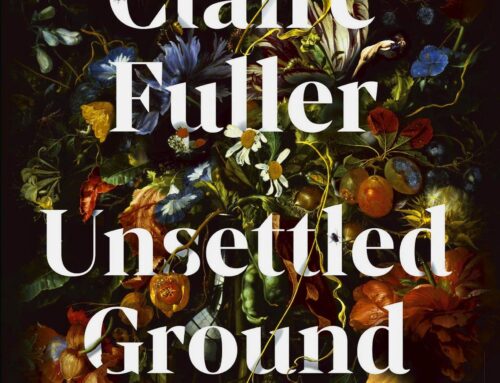
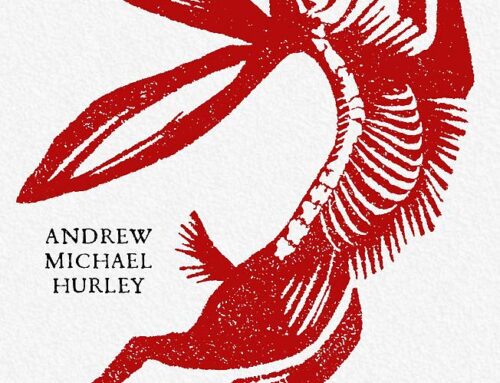
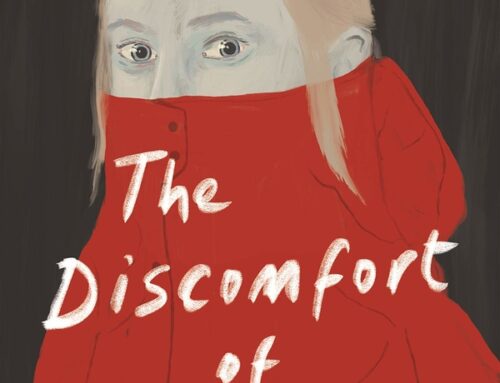
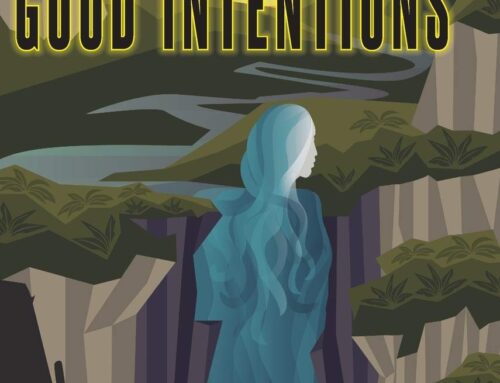
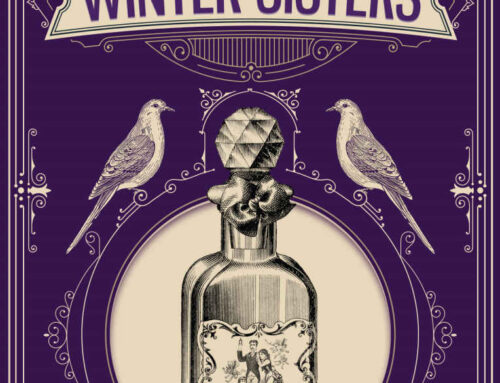
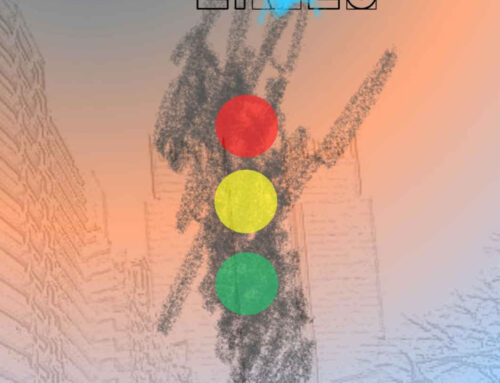
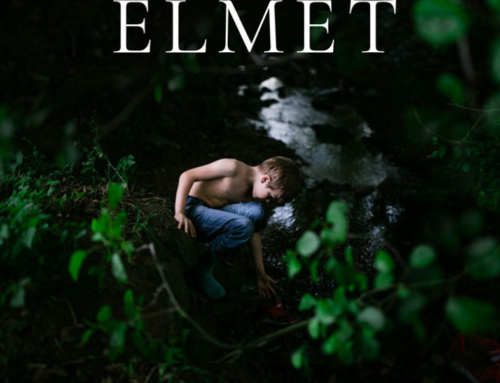
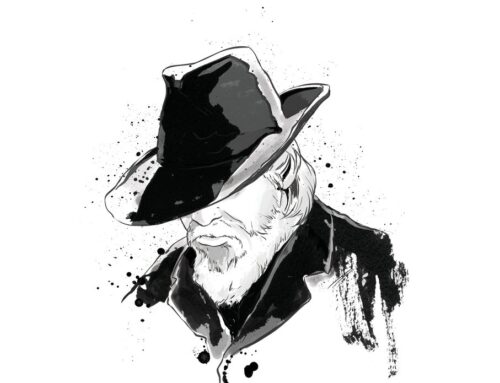
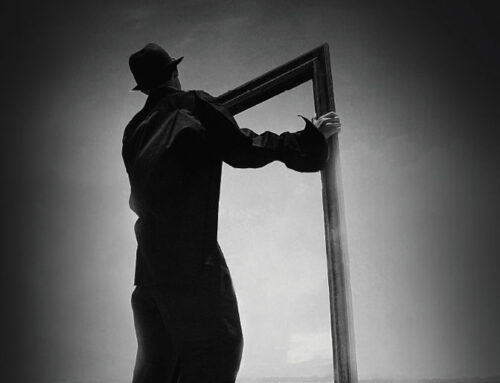
Leave A Comment